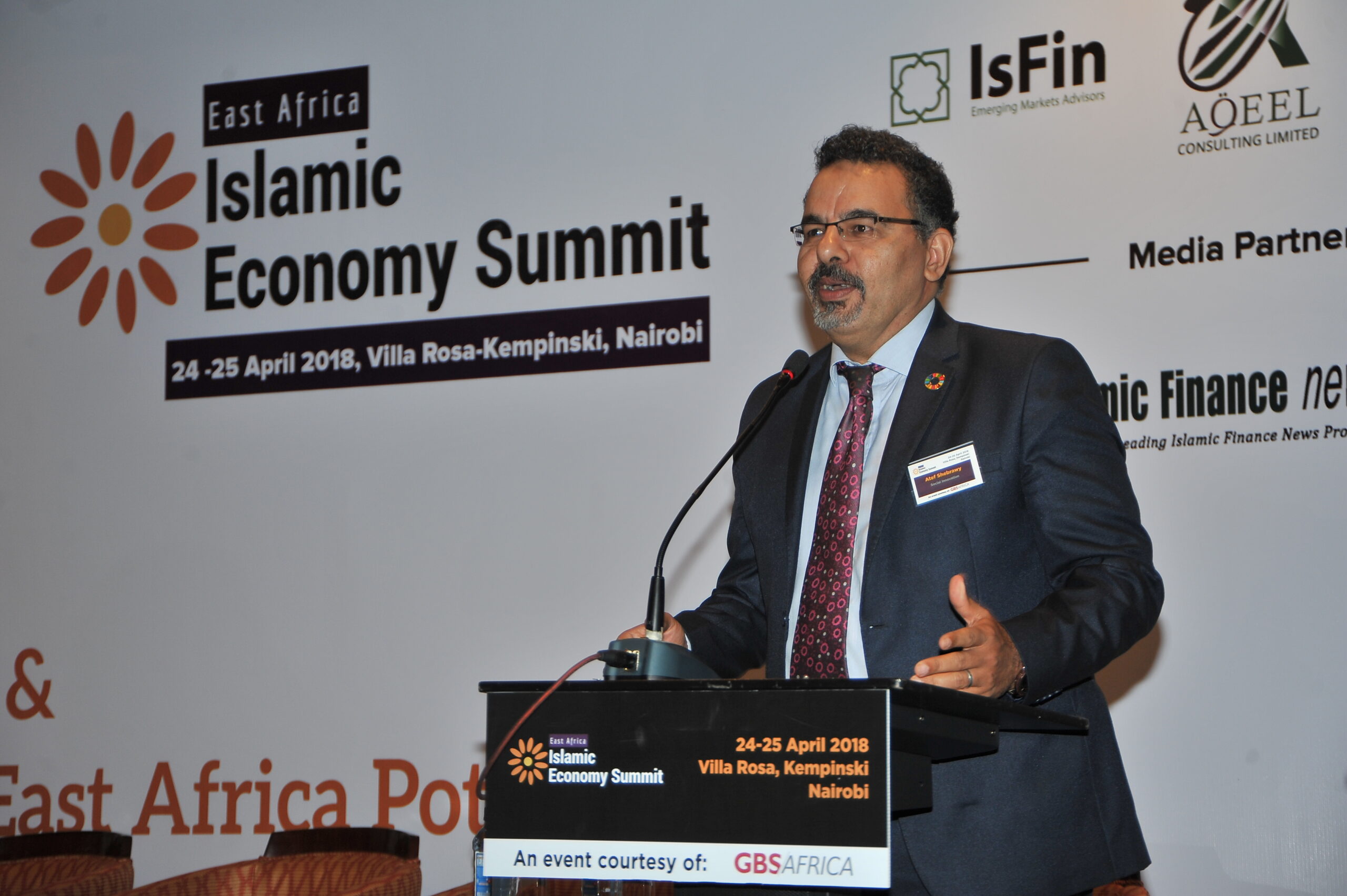Financing the Energy Transition to a Net-Zero Future

Supporting Africa’s transformation towards a greener and more equal energy landscape, Islamic financial solutions, which are based on ethical principles, play a crucial role in addressing climate change and ending energy poverty. The African Continent, especially in countries with populations at risk from climate change, can benefit from Islamic finance’s emphasis on social responsibility and the preservation of human life. The sustainable development aspirations of the continent are strongly aligned with the products supplied by Islamic finance.
Africa, a continent with great potential but limited by energy poverty and climate vulnerabilities, faces these issues. The need for sustainable, accessible, and responsible financing solutions has never been more critical. Leveraging the core principles of Islamic finance offers a unique pathway to support Africa’s climate transition strategy while addressing the pressing issue of energy poverty. The transition strategy presents an opportunity for growth, innovation, and sustainability.
Background:
Achieving global energy security and environmental sustainability requires an urgent shift away from fossil fuels and towards renewable energy sources. Communities in Africa are more at risk from the effects of climate change, despite the fact that they contribute very little to CO2 emissions. Therefore, this shift is of paramount importance to them.
The energy transition to Net Zero is being impeded by a large financing deficit in Africa, which is estimated at $41.3 billion by UNDP, despite general agreement. Islamic finance is rising as a powerful force for ethical, sustainable investment, and development finance institutions, MDBs, and the private sector all play essential roles in closing this gap. Aligning with the aims of climate financing and sustainable development, it is committed to ethical, socially accountable, and environmentally beneficial operations. One viable option for financing Africa’s energy transformation is Islamic finance, which prioritises tangible assets, prohibits interest (riba), and is based on the principles of risk-sharing.
To address climate change and end energy poverty, Islamic Finance products grounded in ethical principles, play an important role in supporting Africa’s transition towards a greener and more equitable energy landscape.
GBS Africa in collaboration with our partners, is excited to announce a thought leadership discussion scheduled to coincide with the 2024 Africa Development Bank Annual General Meetings in Nairobi.

